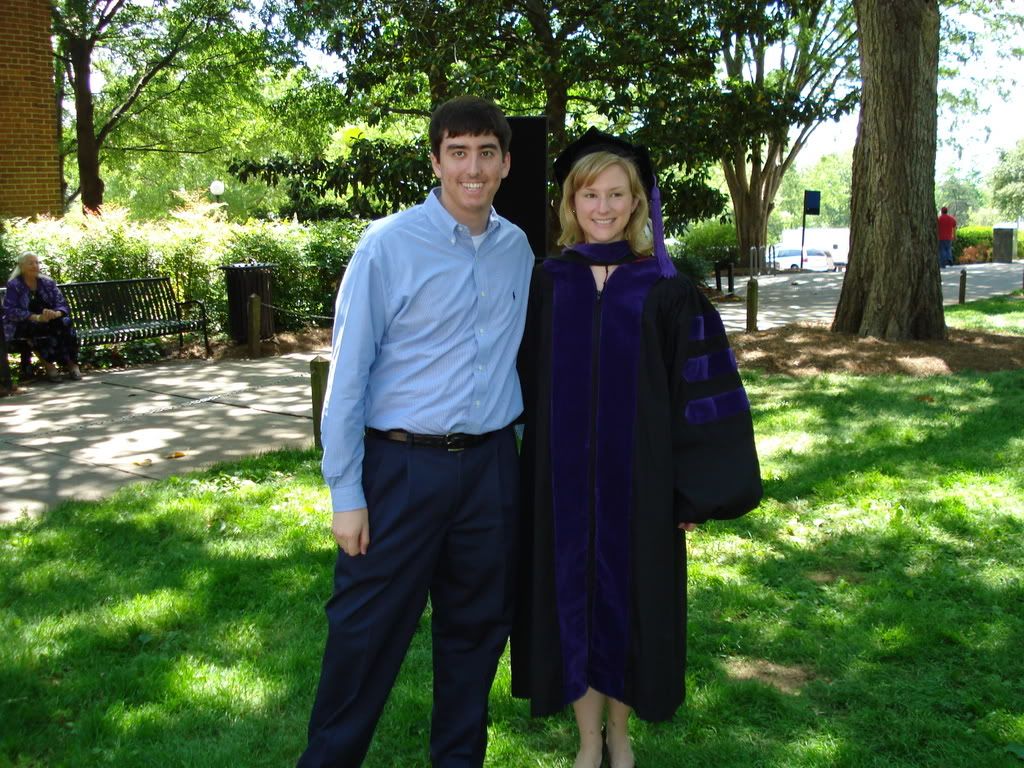Monday, June 11, 2007
Industrialism
The section concerning Industrialism in the Victorian age that most stood out to me was Henry Mayhew's discussion with a little street urchin, entitled: "A Boy Crossing-Sweeper." This section, in my opinion perhaps best gives an adequate and poignant depiction of life as in the industrialized London landscape for the poor and dejected. The boy Mayhew speaks with depicts his life as a mere existence of subsisting. This child belongs to a gang of young men who are forced to work together yet at the same time compete for money and food. According to the boy's story, he was abandoned by his sister shortly after she married. Her provided excuse for such abandonment being that she did not have the means to provide for him and that all she could do was turn him loose and instruct him to fend for himself. Much of what Mayhew describes seems very similar to the writings of Dorothy Wordsworth, by this I mean the abject poverty and the begging for food or money. The most poignant line, or so I feel, from the Mayhew's passage is the last line from the young man, "It's awful cold and gives us chilblains on our feet; but we don't mind it when we're working, for we soon gets hot then" (Mayhew 513). I find it nearly unfathomable that a group of young men have to scrounge and work without proper garments or anyone to care for them. I don't know what I would do if I were in that same situation, I would probably do much as the boy of the passage has done and simply find some way to survive. While this sort of thing may be difficult to imagine happening in America, it's tough to think that elsewhere in the world there are children the same age as the boy of the story who live in the same conditions or worse.
Subscribe to:
Post Comments (Atom)

1 comment:
Jay,
Good job of discussing Mayhew's interview with the crossing-sweeper. Doesn't seem like much progress had been made since Blake's Chimney Sweepers. Good focus on and insightful discussion of this particular passage, too.
Post a Comment